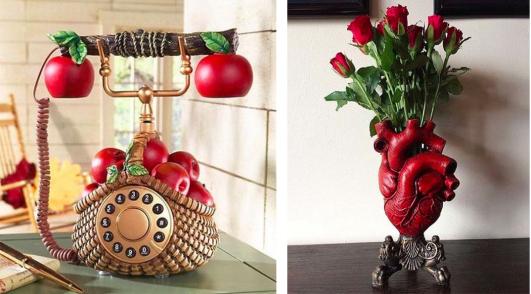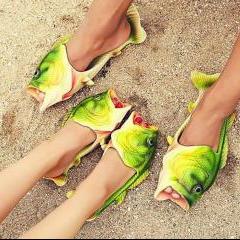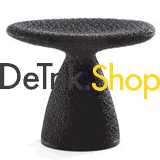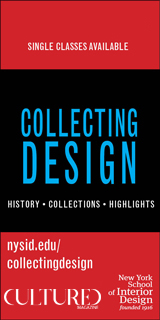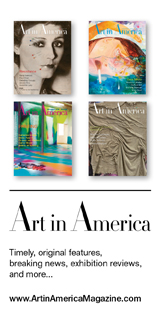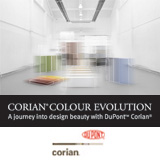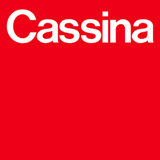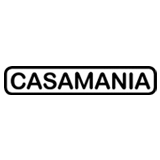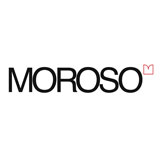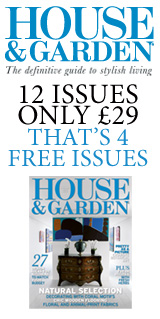Ugliness Is Underrated: Ugly Design
News from the Web
I covet a piece of technology that never existed and likely never will. I can’t stop thinking about it. I covet the seashell e-reader from the 2014 film It Follows. The movie is one of my all-time favorites because it so fluidly combines three of my main interests: awkward sex, sudden death, and timeless design. Typically, when someone calls a car or a handbag or a piece of furnishing “timeless,” they mean it will look just as classic and classy in a few decades as it does today. This is not what I mean about It Follows. Here, the overall look is timeless in that it is outside time. The cars are ugly and retro—low-riding, boxy boats that patrol the middle-class suburbs, emitting low, guttural growls. The houses are ugly, too, with brick lower levels topped by vinyl-sided second stories with a smattering of carelessly placed rectangular windows. This is intentional, according to the film’s director, David Robert Mitchell. In an interview with Paste magazine, he says it was “very much part of the plan” to “make the film exist outside of time in a way that it resembles a dream or a nightmare.” This includes introducing “anachronistic production design elements,” including things from various eras and “things that don’t quite exist” but could, somewhere, in some alternate universe or timeline.
The film is filled with uncanny objects, but it’s the e-reader that nags at me. In a movie dominated by strange color combinations—aqua and orange, pale pink and blood red—this shell-shaped device is appealingly contemporary. It looks like an art object snatched from a shelf at The Wing or a prop from a Glossier campaign. It’s the perfect combination of ugly (plastic, slightly tacky) and cute (it’s pretty much a grown-up Polly Pocket). It isn’t a real product, yet somehow it’s still the most perfect example of contemporary ugly design that I can pinpoint.
If you scroll through the Instagram account Ugly Design, you’ll notice a pattern. There’s an umbrella that looks like a head of romaine lettuce, a flip phone that looks like a miniature race car, a pair of flip-flops that look like silver fish, and a lounge chair that looks like a loaf of bread. “We are always looking for things that are inspired by other things—objects that look like animals or body parts, or things that were designed to look like other things,” Jonas Nyffenegger, who runs the account along with his colleague and friend Sebastien Mathys, tells me. When they first started posting three years ago, they tended to highlight objects that had bad proportions. They posted pictures of chairs that looked intolerable to sit in, lamps that were so lopsided they seemed about to topple over, home goods that were destined to wind up curbside, waiting for a garbage collector or a college student to walk by. At first, Nyffenegger and Mathys were showcasing objects they loathed, but as the project evolved, they began to realize two things. Not only did they actually like a lot of the pieces they were finding—“We went from haters to lovers,” Nyffenegger says—but so did a lot of fashionable people. “More and more people are submitting to us, especially people who work in fashion,” Nyffenegger says.
continue reading at theparisreview.org
